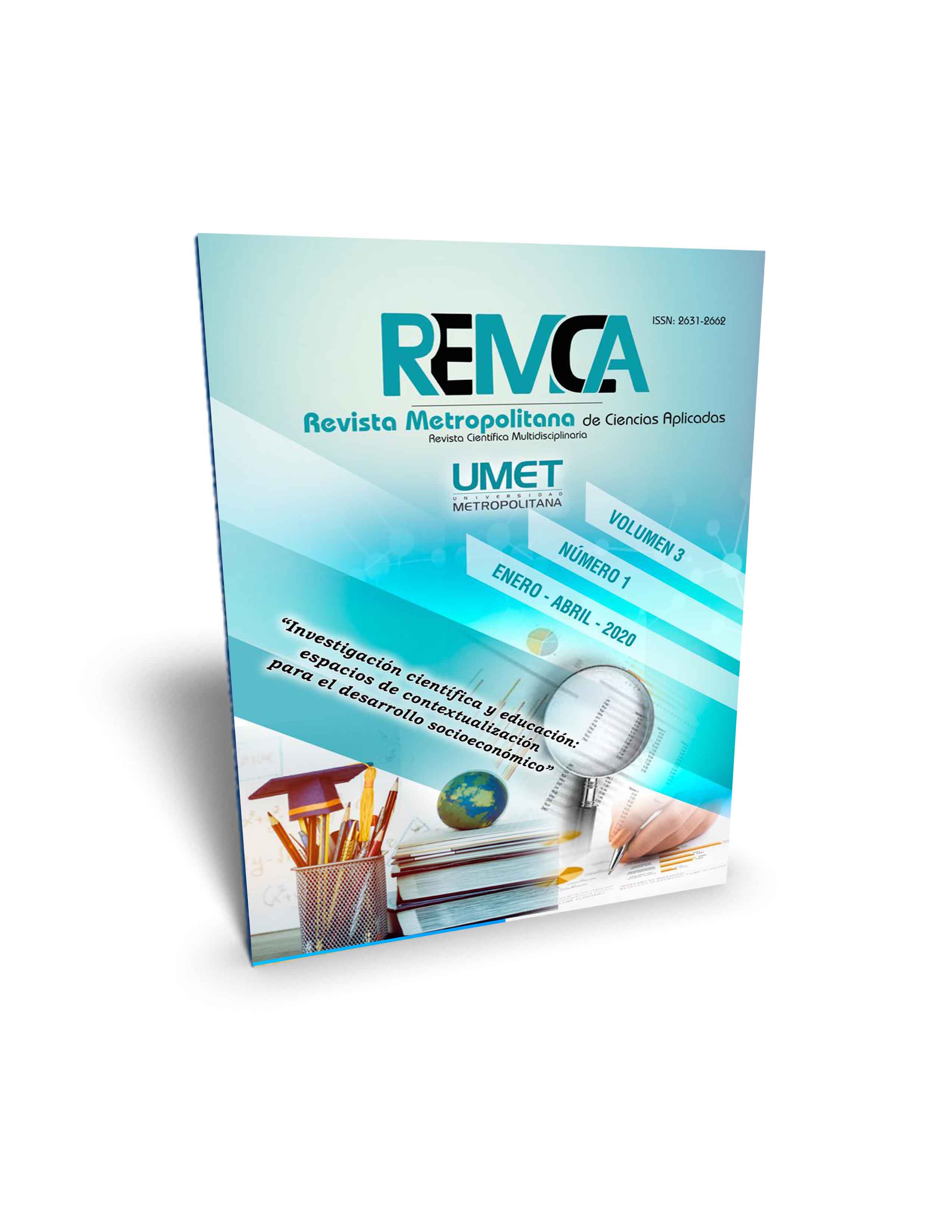Evaluation as a process in the university of the XXI century
DOI:
https://doi.org/10.62452/eqmt2e88Keywords:
Evaluation culture, multicultural, evaluation modelsAbstract
The article analyzes the importance of the formation of an evaluative culture in the students beyond the evaluation models for the achievement of educational excellence, as a response to the new challenges of contemporary higher education. The research is based on the analysis of these sociocultural complexities that are found today in higher education institutions and that constitute a need to investigate and reflect on the achievement of the objectives proposed in the evaluation as the objective expression in the degree of each graduate.
Downloads
References
Brown, S., & Glasner, Á. (2007). Evaluar en la Universidad. Problemas y nuevos enfoques. Ediciones Narcea.
Casanova, M. A. (2009). Manual de Evaluación Educativa. La Muralla.
Flórez Ochoa R. (1999). Evaluación Pedagogía y Cognición. McGraw-Hill.
La Francesco, G. M. (2004). La Evaluación Integral y del Aprendizaje. Fundamentos y Estrategias. Edit. Magisterio.
Pimienta, J. H. (2008). Evaluación de los Aprendizajes. Un enfoque basado en competencias. Pearson Educación.
San Martín, N. (2010). 10 ideas clave. Evaluar para Aprender. Grao.
Tobón, S. (2006). Formación Basada en Competencias. Pensamiento Complejo, Diseño Curricular y Didáctica. Ediciones Eco.
Downloads
Published
Issue
Section
License
Copyright (c) 2020 Elisa María Ríos (Autor/a)

This work is licensed under a Creative Commons Attribution-NonCommercial-ShareAlike 4.0 International License.
Authors who publish in Revista Metropolitana de Ciencias Aplicadas (REMCA), agree to the following terms:
1. Copyright
Authors retain unrestricted copyright to their work. Authors grant the journal the right of first publication. To this end, they assign the journal non-exclusive exploitation rights (reproduction, distribution, public communication, and transformation). Authors may enter into additional agreements for the non-exclusive distribution of the version of the work published in the journal, provided that acknowledgment of its initial publication in this journal is given.
© The authors.
2. License
The articles are published in the journal under the Creative Commons Attribution-NonCommercial-ShareAlike 4.0 International License (CC BY-NC-SA 4.0). The terms can be found at: https://creativecommons.org/licenses/by-nc-sa/4.0/deed.en
This license allows:
- Sharing: Copying and redistributing the material in any medium or format.
- Adapting: Remixing, transforming, and building upon the material.
Under the following terms:
- Attribution: You must give appropriate credit, provide a link to the license, and indicate if any changes were made. You may do this in any reasonable manner, but not in any way that suggests the licensor endorses or sponsors your use.
- NonCommercial: You may not use the material for commercial purposes.
- ShareAlike: If you remix, transform, or build upon the material, you must distribute your creation under the same license as the original work.
There are no additional restrictions. You may not apply legal terms or technological measures that legally restrict others from doing anything the license permits.




